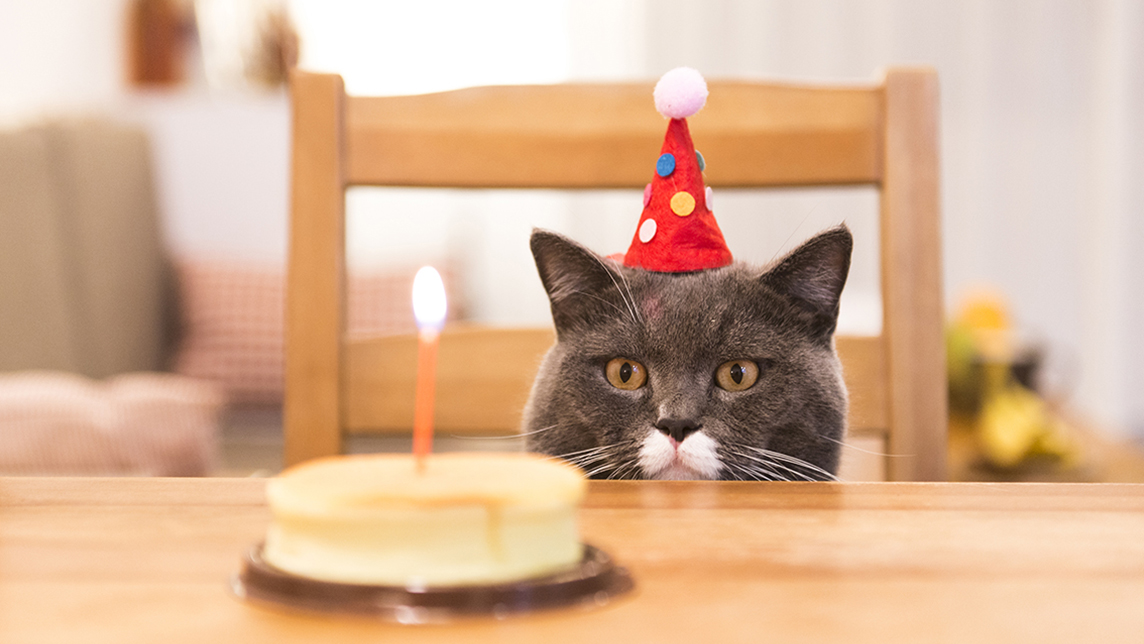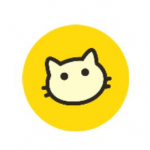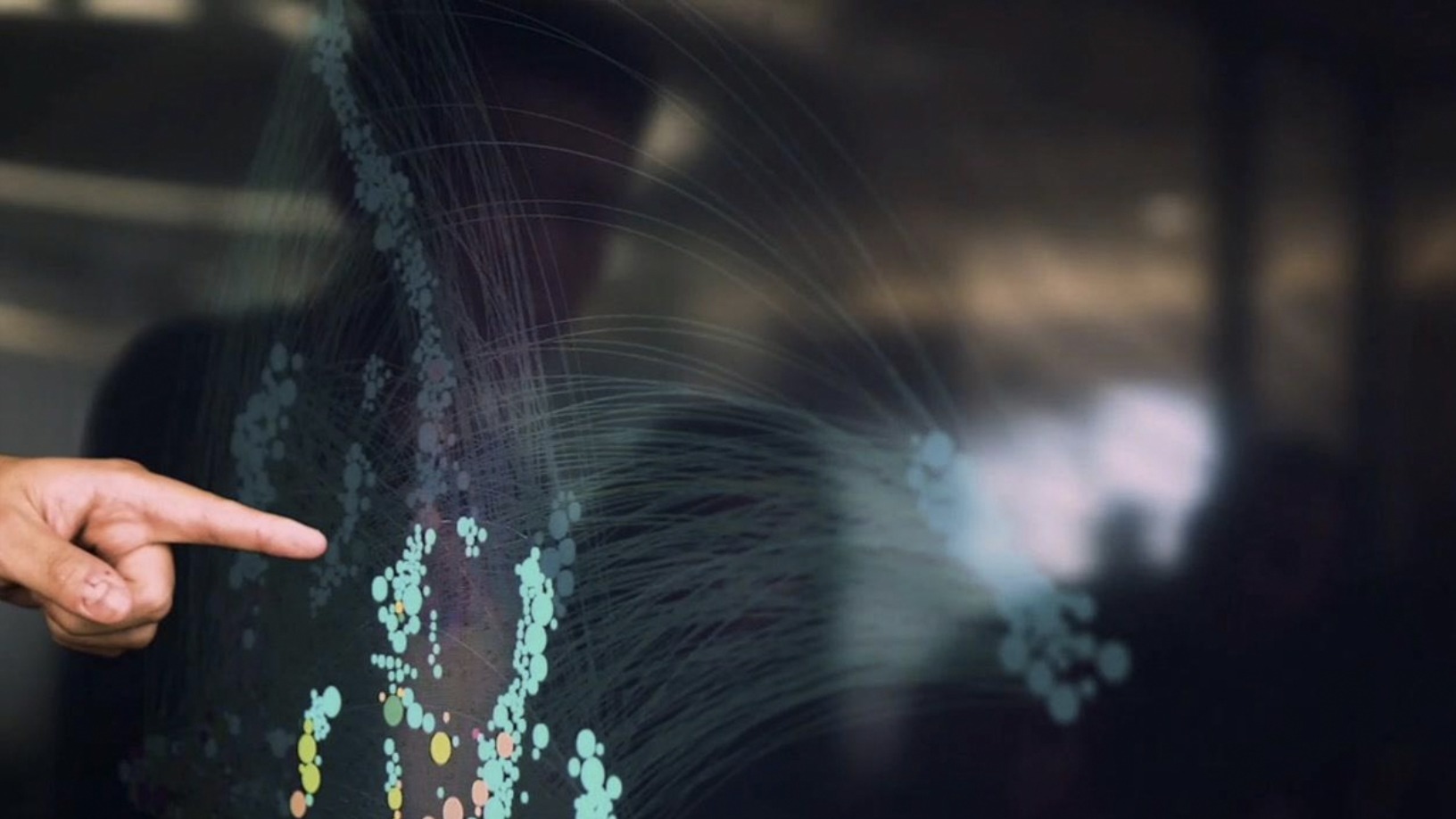China was home to 5.81 million pet cats in 2016, second only to the United States.
In the past few years, cat videos, GIFs, and stickers have exploded on the Internet in China. Young people in particular have jumped on the cat bandwagon.
The Chinese Pet Industry White Paper of 2017 says that RMB 134 billion were spent on pets that year. The market is expected to grow by 40% over the next three years.
Many pet owners want desperately to share everything about their beloved cats online. The British post 140 million selfies on the Internet every day. They post 380 million cat photos. In China, social media platforms like Weibo and short video platforms like Kuaishou are overflowing with cat content.
Wang Lei, the founder of Meowcard, is well aware of the popularity of house cats. He himself owns three. In an interview, he said, “People like me, living in a big city with an empty nest, can be under a lot of pressure. Before I had my cat, my room felt gloomy. My cats give me a sense of responsibility and hope.”
What is Meowcard?
Meowcard, a mini program on WeChat, China’s most popular social media application, is a tool that creates a unique identity card for one’s pet cat that features information like its weight and age. A cat owner can post photos and write about important moments in the life of his or her pet cat. Other cat lovers can follow these “cloud cats” and even feed them with virtual cat food.
Meowcard was launched in December 2017. Within two weeks, the program attracted more than 700,000 users without any prior advertising and received more than 20 million page views. Within a month, the latter reached 80 million. With formidable speed, Meowcard hit WeChat moments, the WeChat equivalent of being retweeted millions of times.
With Meowcard, cat owners have another way to show off their cats as well as a way to connect with other cat lovers. Meowcard is successful because it taps into one of the great powers of the Internet: the ability to connect easily with others who share your interests.
Fizzle out or soar?
Wang’s previous job was also at a startup. There was a shortage in staff at his previous company so he was quickly put in charge of all aspects of program development. He designed pages, products and oversaw marketing. He wrote more than ten WeChat mini programs before he founded Meowcard on his own time.
The speed with which Meowcard took off overwhelmed Wang. He had put a lot of thought into the design of Meowcard but less into marketing and advertising. However, the program gained popularity simply through word-of-mouth (or, rather, word of WeChat messages and moments). In the startup’s early stages, there were only a few people on his team. Wang worked 20 hours a day, fixing bugs, talking to users and trying to raise funding for his venture alone.
Meowcard has since received seed funding. Wang is also trying his hand at e-commerce and professionally generated content (PGC). He wants to add cat products that can be purchased with virtual cat food and popular science articles on subjects like how to take care of a sick cat to the mini program.
The challenge Meowcard will most likely face is market competition. Currently, besides Meowcard, there are few programs that cater exclusively to the cat sharing set in China. But, considering the popularity of house cats, it probably won’t be long before others try to enter such an enticing market.
While China may be relatively new to online cat photo sharing, Internet users in other parts of the world have been watching cat videos for over a decade now. Grumpy Cat, a YouTube sensation, even got her own feature-length made-for-television movie.
But, in an age where we are inundated with new games and online pursuits, the backbone companies tend to survive and thrive – Google; Tencent, which owns WeChat; Alibaba – whereas the recreational companies either have a moment and fizzle out or never make it.
Meowcard has proven that it is having a moment. But its ability to expand successfully into e-commerce and PGC will likely be the difference between its current status as a fun diversion and a company with staying power to which pet owners regularly turn.












